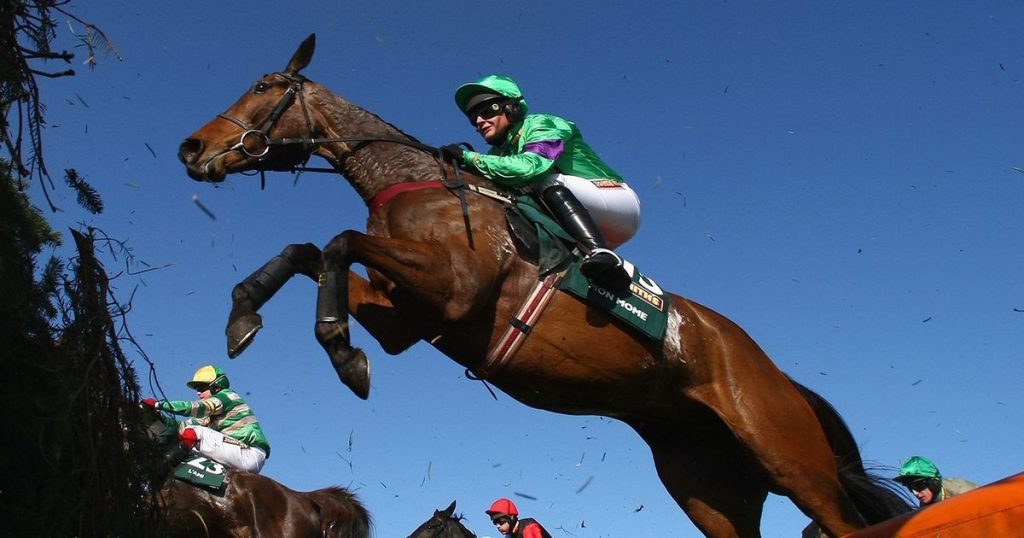Professional jockeys face immense pressure that can have devastating impacts on their mental health. The physical and mental demands of the job, such as maintaining a low body weight and risking their lives on horseback, can be a recipe for disaster. Jockeys like Graham Lee have suffered life-changing injuries, while others have tragically taken their own lives. The sport of horse racing has a dark side, with thousands of racehorses killed and jockeys silently suffering from mental health issues.
Retired jockey Eurico Rosa da Silva revealed that he struggled with suicidal thoughts throughout his career, highlighting the lack of support for jockeys facing emotional pain. The taboo surrounding mental health in the sport is slowly being addressed, with more jockeys speaking out about the challenges they face. In recent years, several young jockeys have taken their own lives, underscoring the urgent need to address mental health issues in the profession. The high levels of alcohol use, depression, and anxiety among jockeys highlight the prevalence of mental health disorders in the industry.
Jockeys face extreme pressure to maintain a low body weight, often resorting to dangerous measures like disordered eating and extreme diets to meet weight requirements. The physical toll of the sport, combined with the mental strain, creates a dangerous environment that can lead to tragic outcomes. Some riders have resorted to unhealthy practices like dehydration and excessive exercise to meet strict weight limits, causing long-term damage to their health. The lack of professional help and support for jockeys dealing with mental health issues exacerbates the challenges they face.
The tragic deaths of young jockeys like Michael Pitt and Avery Whisman underscore the urgent need for mental health support in the horse racing industry. Despite the risks and pressures they face on a daily basis, many jockeys suffer in silence due to the stigma surrounding mental health in the sport. The prevalence of alcohol use, depression, and anxiety among jockeys highlights the need for better mental health resources and support systems within the industry. Jockeys like Liam Treadwell have tragically lost their lives, underscoring the urgent need for change in the way mental health is addressed in horse racing.
The sport of horse racing is slowly recognizing the importance of mental health and the need for better support for jockeys facing emotional challenges. Retired jockey Eurico Rosa da Silva has become a mental health coach, advocating for more awareness and care for riders struggling with mental health issues. The high prevalence of mental health disorders among jockeys, coupled with the lack of professional help-seeking, highlights the urgent need to address mental health in the sport. The tragic deaths of young jockeys like Avery Whisman and Michael Pitt serve as stark reminders of the dangers and pressures faced by riders in the horse racing industry.
Jockeys face immense pressures and risks in their profession, from maintaining low body weights to facing the dangers of riding thoroughbreds at high speeds. The prevalence of mental health issues among riders, coupled with the lack of professional support and resources, creates a challenging environment for jockeys to thrive. The urgent need for better mental health care and support systems in the horse racing industry is underscored by the tragic deaths of young jockeys like Avery Whisman and Michael Pitt. As the sport slowly addresses mental health issues, there is hope for a more supportive and understanding environment for jockeys facing emotional challenges.


